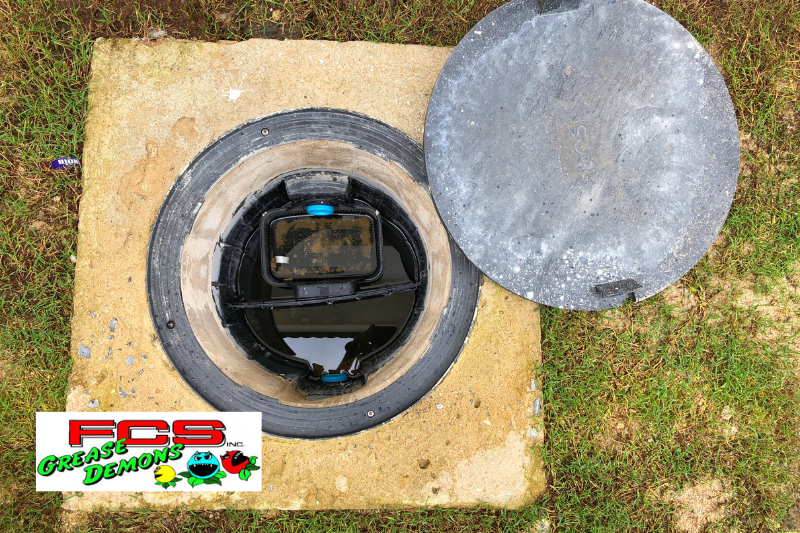Understanding Lift Stations
A lift station is a critical component of wastewater management systems. It consists of a separate chamber known as a wet well, along with a lift station pump and control equipment. This station is designed to move wastewater to higher elevations.
This process is essential because it enables wastewater to flow by gravity towards treatment facilities, even when the terrain is not naturally conducive to such flow.
Purpose of Lift Stations
Efficient Wastewater Transport:
- Lift stations are used to pump wastewater from lower elevations to higher elevations, ensuring that it can be transported efficiently to a wastewater treatment plant. This is particularly important in flat or hilly areas where gravity alone is insufficient.
Preventing Backups and Overflows:
- By actively managing the flow of raw sewage, lift stations help prevent backups and overflows that can occur when wastewater is not properly transported. This reduces the risk of environmental contamination by hazardous materials and public health hazards.
Enabling Development:
- Lift stations make it possible to develop areas that are not naturally suited for gravity-fed wastewater systems. This allows for urban expansion and the development of residential, commercial, and industrial areas without excessive construction costs.
Types of Lift Stations
- Submersible Pump Stations:
- Most pumps are submerged in a wet well. They are efficient and cost-effective for moving wastewater.
- Dry Well Pump Stations:
- In these systems, pumps are located in a separate chamber adjacent to the wet well. They are easier to maintain but generally more expensive to construct.
Maintenance and Importance
Regular maintenance of lift stations is crucial for their effective operation. This includes:
- Routine Inspections: Checking for signs of wear, corrosion, and other issues.
- Pump Servicing: Cleaning and maintaining pumps to ensure they function correctly and checking pump capacity.
- Wet Well Cleaning: Preventing debris and grease build-up.
- System Checks: Testing electrical and control systems for safety and functionality.
- Alarm Testing: Ensuring alarm systems work to alert users of potential failures.
- Maintenance Records: Keeping detailed records of all maintenance activities to track the condition and performance of the lift station.
Contact FCS Inc. to Learn More About Lift Stations and Required Maintenance
Lift stations are indispensable in wastewater management, enabling efficient transport of wastewater, preventing system failures, and supporting urban development.
Proper maintenance ensures they function optimally, protecting the environment and public health. Lift station maintenance should be a priority for any operation relying on these systems.
For expert maintenance services, reach out to FCS Inc., ensuring your lift station operates at its best.

